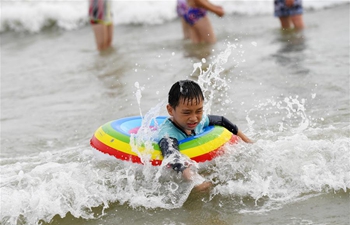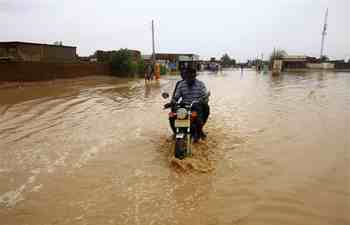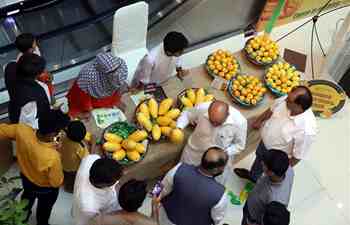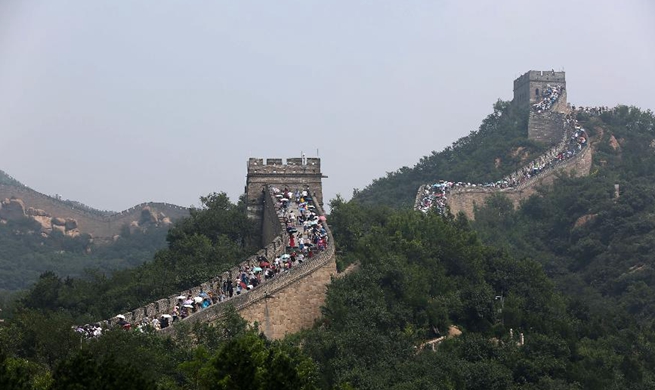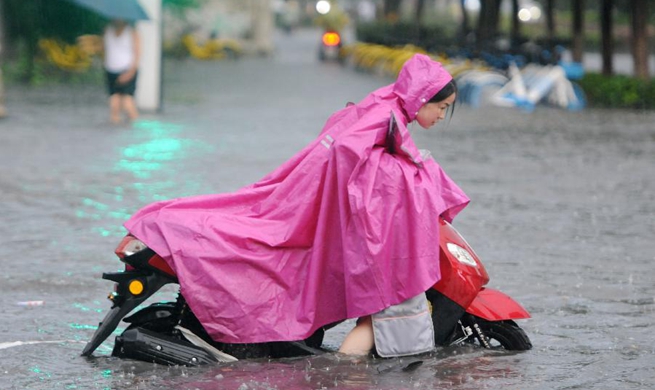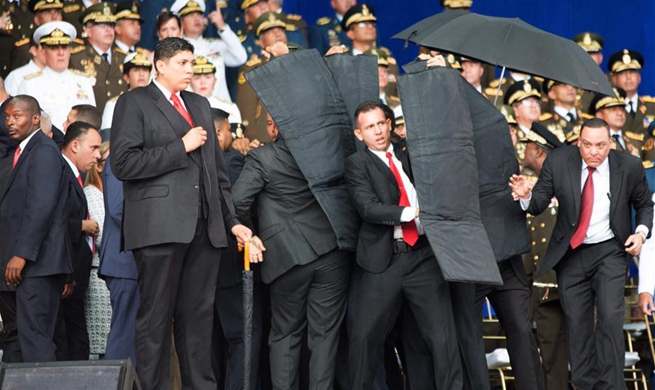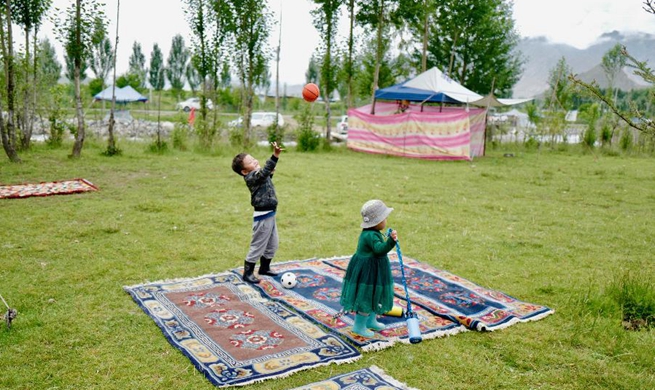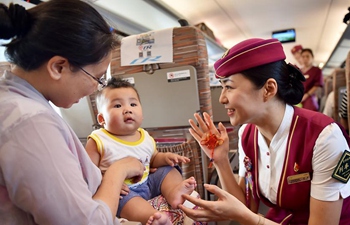GENEVA, Aug. 5 (Xinhua) -- The fresh Ebola outbreak in the Democratic Republic of the Congo (DR Congo) has posed a high public health risk at both national and regional levels, though the risk is still considered low globally, the World Health Organization (WHO) said on Sunday.
Earlier on Aug. 1, the DR Congo government announced that preliminary laboratory results had indicated a cluster of cases of Ebola virus in North Kivu province, northeastern of the country. It came little more than a week after the Ministry of Health declared the end of an outbreak in Equateur Province in the far western part of the country.
As North Kivu province borders Rwanda and Uganda, potential risk factors for transmission of Ebola Virus Disease (EVD) at national and regional levels include the transportation links between the affected areas, the rest of the country, and neighboring countries, the WHO said.
Meanwhile, as the outbreak affected region has been hosting over one million displaced people and the country is concurrently experiencing several epidemics and a long-term humanitarian crisis, the security situation in North Kivu may hinder the implementation of response activities, the WHO added, hence declaring that the public health risk posed by Ebola is considered high at the national and regional levels and low globally.
According the latest WHO figures, as of Aug. 3, a total of 43 Ebola virus disease cases, including 13 confirmed and 30 probable, have been reported, of which 33 had died. An additional 33 suspected cases are currently pending laboratory testing to confirm or exclude Ebola virus disease. Three healthcare workers have been affected, of whom two have died.
The WHO also said that currently there is no evidence to suggest that the fresh Ebola events are related to the recent outbreak in Equateur Province, which is located some 2,500 km from the latest outbreak.
Amid the still ongoing investigation, the WHO suggests that neighboring provinces and countries enhance surveillance and preparedness activities, but it also advises against any restriction of travel and trade to the DR Congo, while continuing to monitor travel and trade measures in relation to this event.






